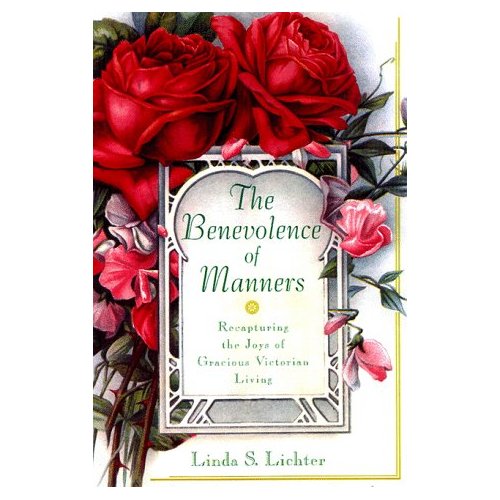My sources for information on widows come from two places: the references to widows in the Bible, and the memory of widows of the past.
Every woman should be able to imagine how she will manage in the role of a widow.Much of what happens to a widow begins earlier on in her life. Her life before widowhood is her spiritual insurance policy. How she copes as a widow has a lot to do with how she lived her life. A life of seriousness and dedication to duty in the home will be rewarded in widowhood. If she has raised good children who have an honoring spirit, she will be paid back for her efforts should she ever be a widow. If she has taught good things to younger women, she will reap rewards as a widow.
Young women need to really take seriously the role of wives, mothers and homemakers. If they spend their youth partying and getting into one relationship after another, putting their children in the care of others, and neglecting to be good house keepers and good homemakers, they will not find the comfort and honor they will need later in life, should they become widows.
For that reason, young women would do well to live their lives above the world, tending to matters at home, and really do all they can to make their houses real homes and their families really interested in serving others through hospitality, having a good knowledge of the scriptures, and wanting a Christian education. In the end, the movies and the parties and the shopping and the social life, even the BALLGAMES, ladies, will be meaningless. These sort of things do not "pay off" when one becomes a widow. Hospitality, teaching, working quietly at home, diligently training children in manners and respect, and making the home a home, will come back to bless you in your old age.
Although we seem many generations away from the last era that practiced any kind of widowhood etiquette, we can still find principles to follow in the case of widowhood.
Being a steady, faithful church member as a young woman, is important because as a widow, that sort of background will qualify you to teach others. Being a woman who maintains Biblical principles while you are young, is an investment for your old age. As a young person, you can study and practice things that will help you develop the character and the skills you need to become a woman worth looking up to when you are older. These can be things like:
-being on time and being a good steward of time.
-managing money well.
-managing a home, and being a good homemaker, including neatness, orderliness, cleanliness, cooking, sewing, caring for the sick in the home.
-looking after property, and keeping the house in good repair.
-finding ways to influence others.
Just from an over-all reading of the Bible, one can conclude that widows should behave in a dignified way, not being silly, not out in the bars drinking, not partying. In the Old Testament, widows sometimes went back to live with their parents until they found another husband. One reason for a young widow to remarry was to have help and guidance with any young children the couple had. Another was to keep the young woman safe with a protector and a provider, a husband, over her. Without marriage, she might take to wandering from house to house, talking about things which should not be talked about, and being idle.
This seems to be good advice for single women, even if they are not widows. Without a husband, house and children to care for, it is very tempting to be footloose and fancy free, using spare time for socializing and partying. If young girls learn to do this, the habit is not easily broken once they marry. They become discontent and restless and do not know how to occupy themselves as wives and homemakers. This is not to say they will be inside of a house every minute, as most of us certainly are not, but it shows that many women do not know about the millions of things that can be done as full-time homemakers.
Widows who are older, who have had long marriages, will be incredibly lonely after the loss of a lifetime mate. This can make them vulnerable and many have jumped into second marriages out of a feeling of loss and desperation. A portion of these have made very happy, lasting matches.
However, it is still important that the widow be very careful. If she has children and grandchildren who occupy her time, she may not benefit at all if she remarries. Remarriage means his children, her children, step this and step that, and a whole complication of relatives. Remarriage may involve problems of the family she marries into. If she remarries, her time will be occupied by her new relationship. If she is a grandmother, she may find her time even more divided. If she has a good relationship with her children, and they have reservations about her remarrying, she needs to consider this.
Another thing a widow needs to be careful about is relocation. Although friends and relatives may urge her to rid her house of all her husband's things and move to a smaller place, it is not always the right thing to do. If she has been happy there and if she loved her husband, and if it gives her security to have the familiarity of her own home and his things around her, why should she leave? Change is a trauma in itself. She has already lost a husband and is adjusting. Moving will create another adjustment problem. It is better if she stays put. I know one widow whose husband provided a house for them in their retirement. His plan was to have a place for her should she ever be a widow, and he had it made with ramps for easy access to the doors, and every convenience for her. After he died, her grown children talked her into selling it. It sold so fast she did not have time to find another place so she was talked into buying from a realtor a place much further away from the town, the children, and the church she was used to. The first night she was there alone, a robber entered the house, but she called the police and he was scared away. The distance she had to travel took its toll on her car. Eventually her children had to help her move to a small apartment in town where she could be checked on more easily.
Other widows I have observed who have stayed in their own houses, have lived much longer and in better health. They do suffer from missing their husbands, but it is not accompanied by the anxiety that packing up and moving around causes. There are exceptions, of course, and personalities are different. Some widows really need to move if the house is run-down and dangerous or if the children really want her badly to come and live with them, or if they are living a long way from relatives. Some widows feel they have stayed home enough in their lifetime and prefer to travel, but it is generally better not to cause too much upheaval in an already shocked and grieved woman.
One reason it is important for young women to develop some kind of thing that she can use as a service to others, whether it is hospitality, teaching sewing, crafts, or teaching younger women, is to give them practice. Then, when they are widows, they have their experience and talent to occupy them. They will have a driving purpose in life. They will be full of life and enthusiasm for the home and the family. They will be able to encourage younger women.

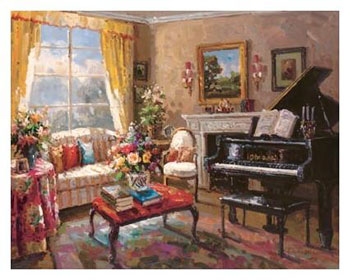
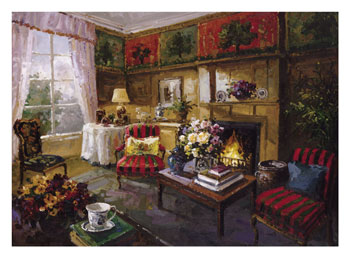
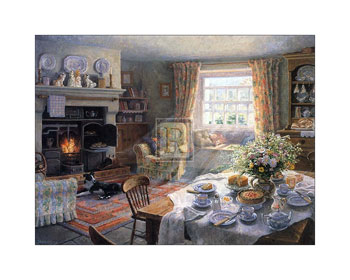



.jpg)
.jpg)
.jpg)

.jpg)

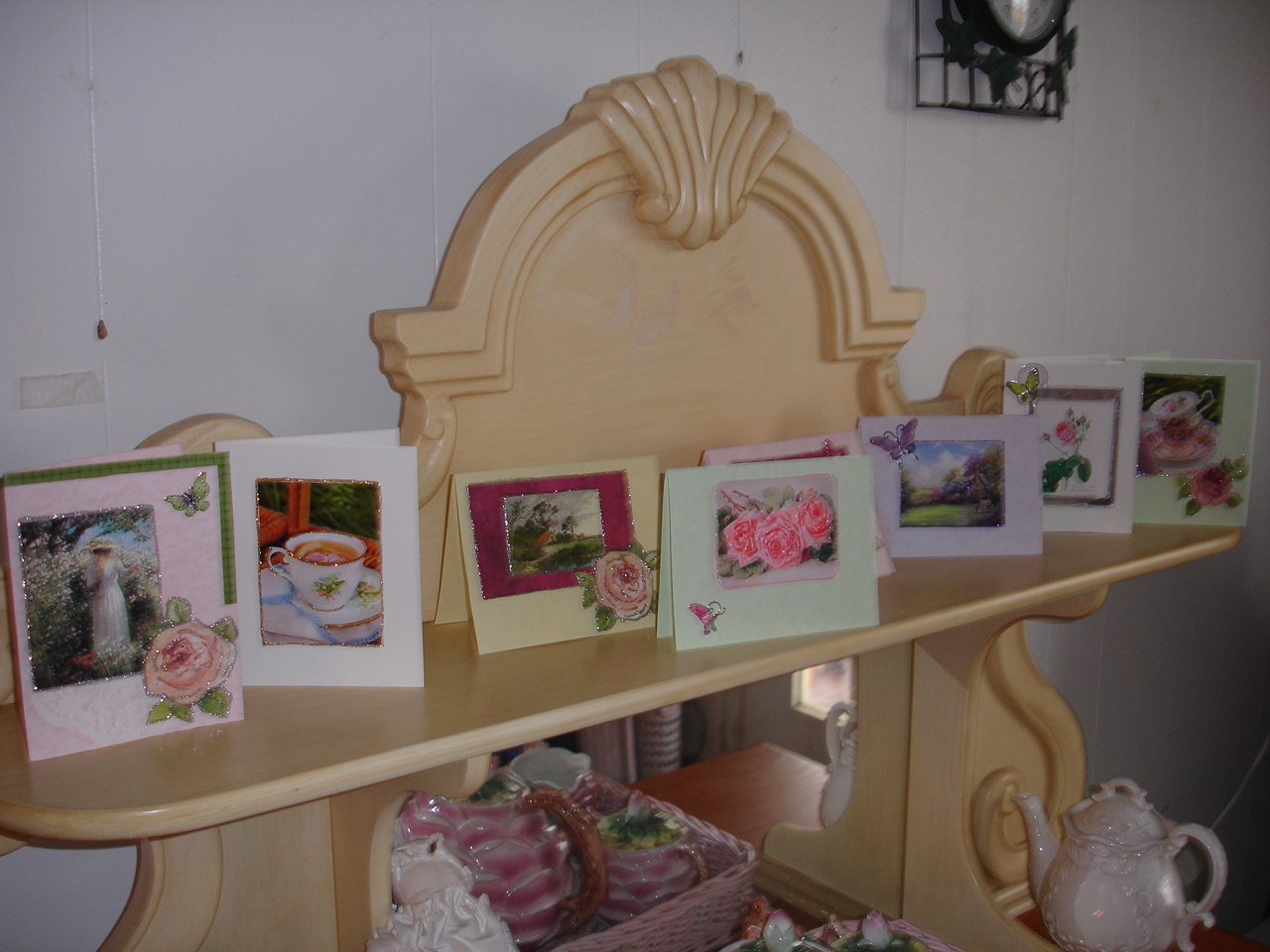
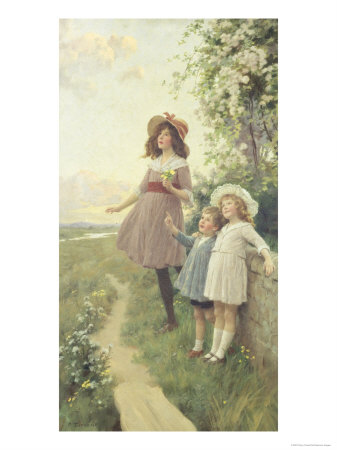
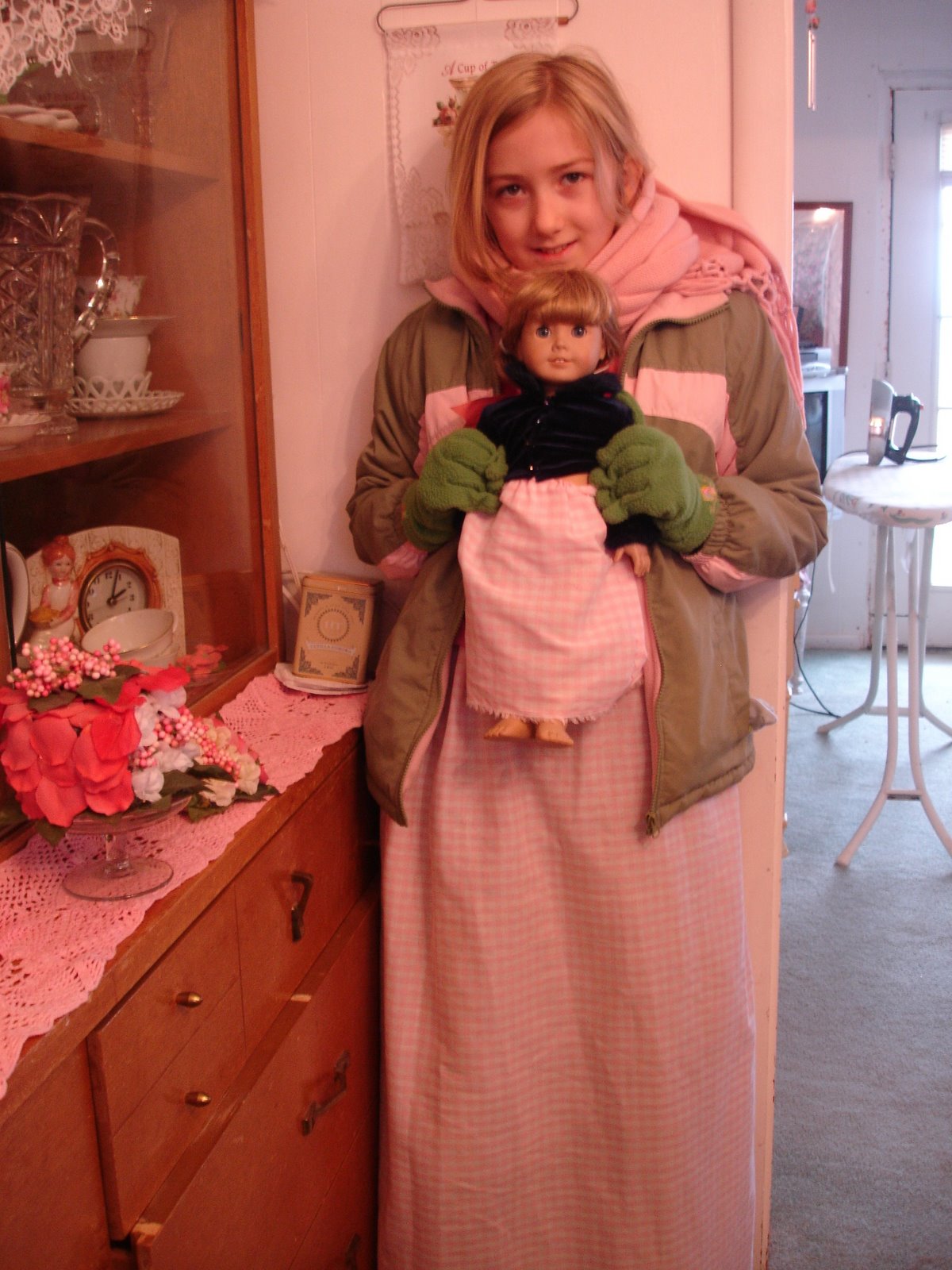
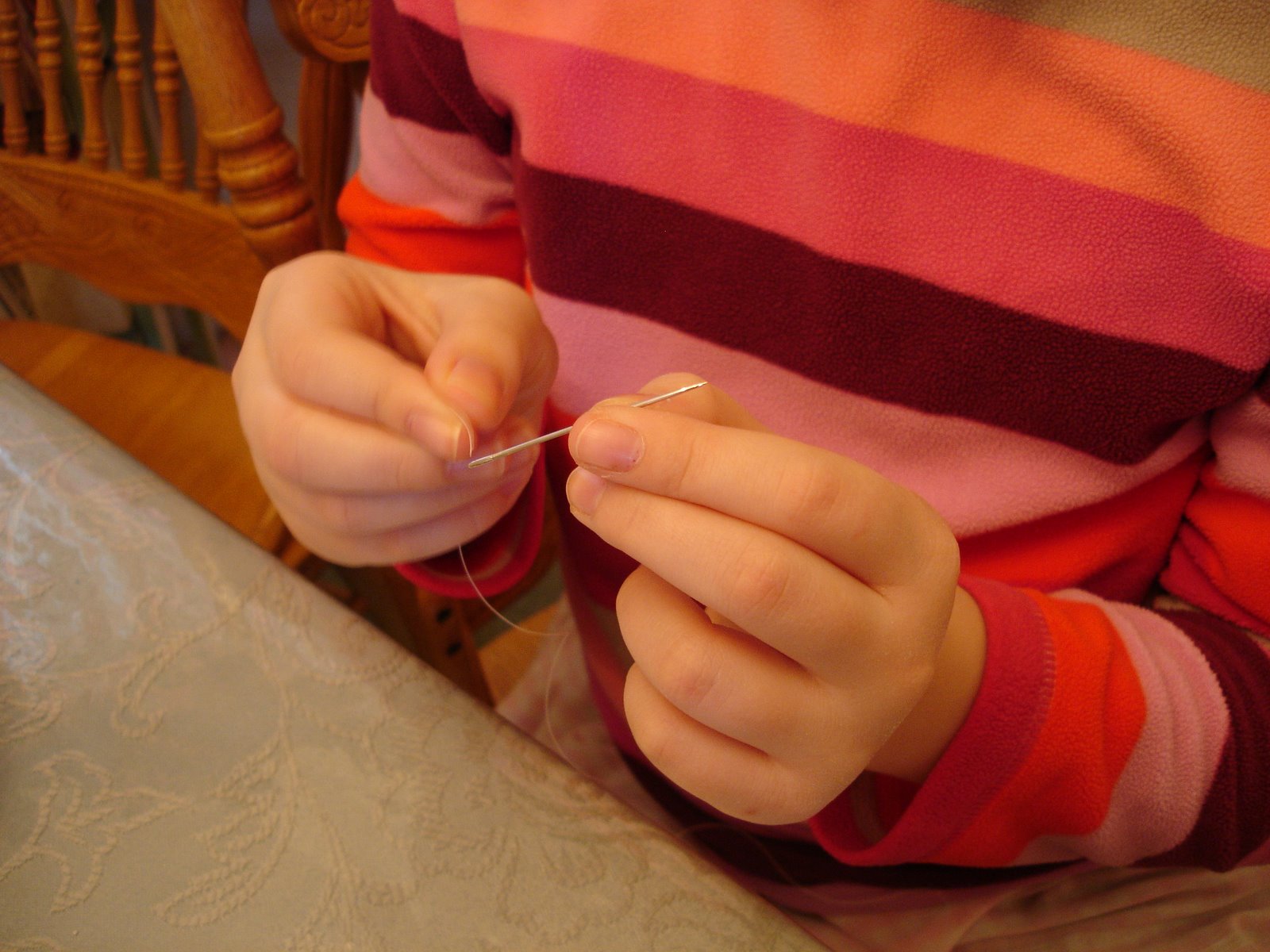
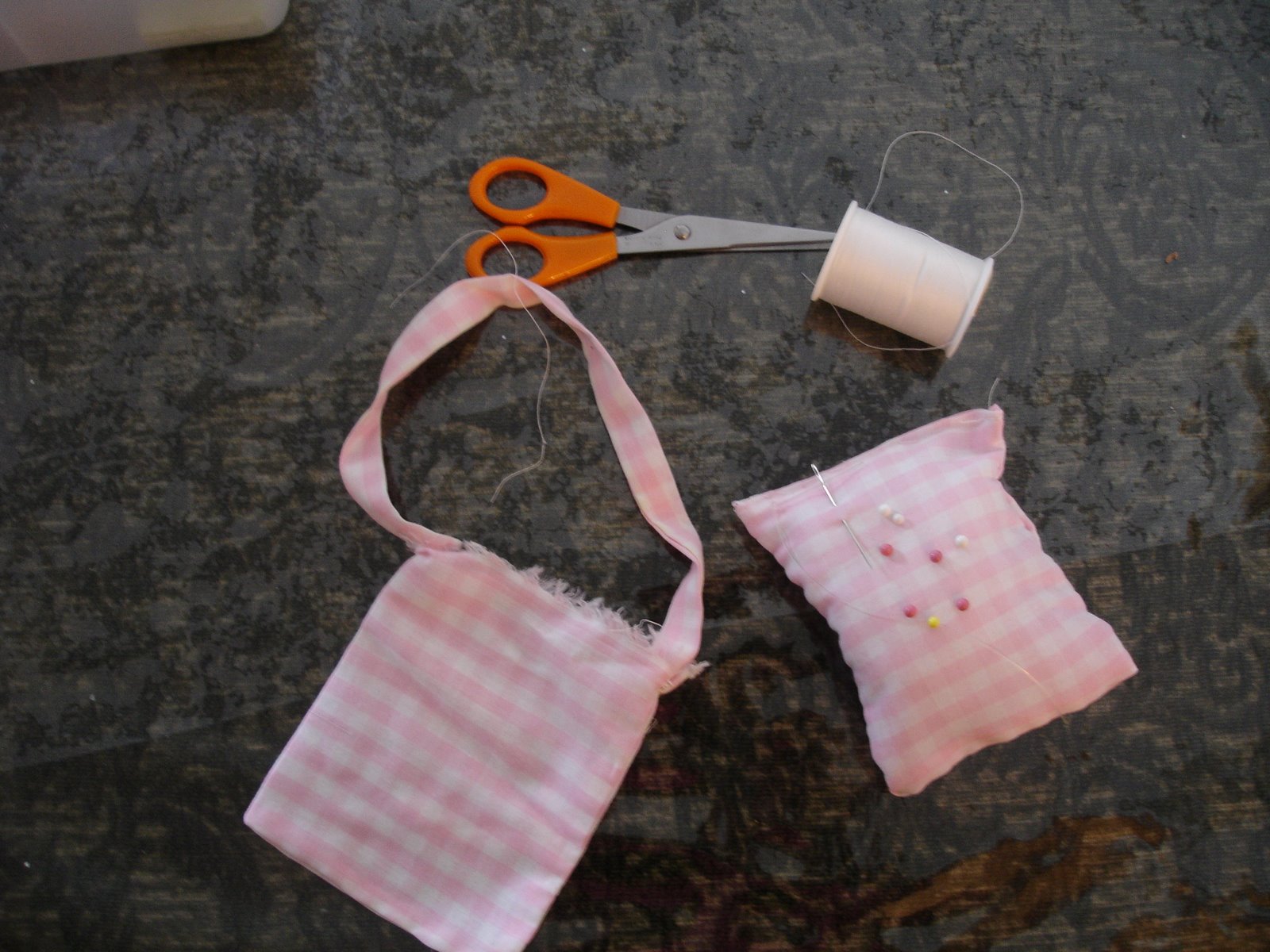
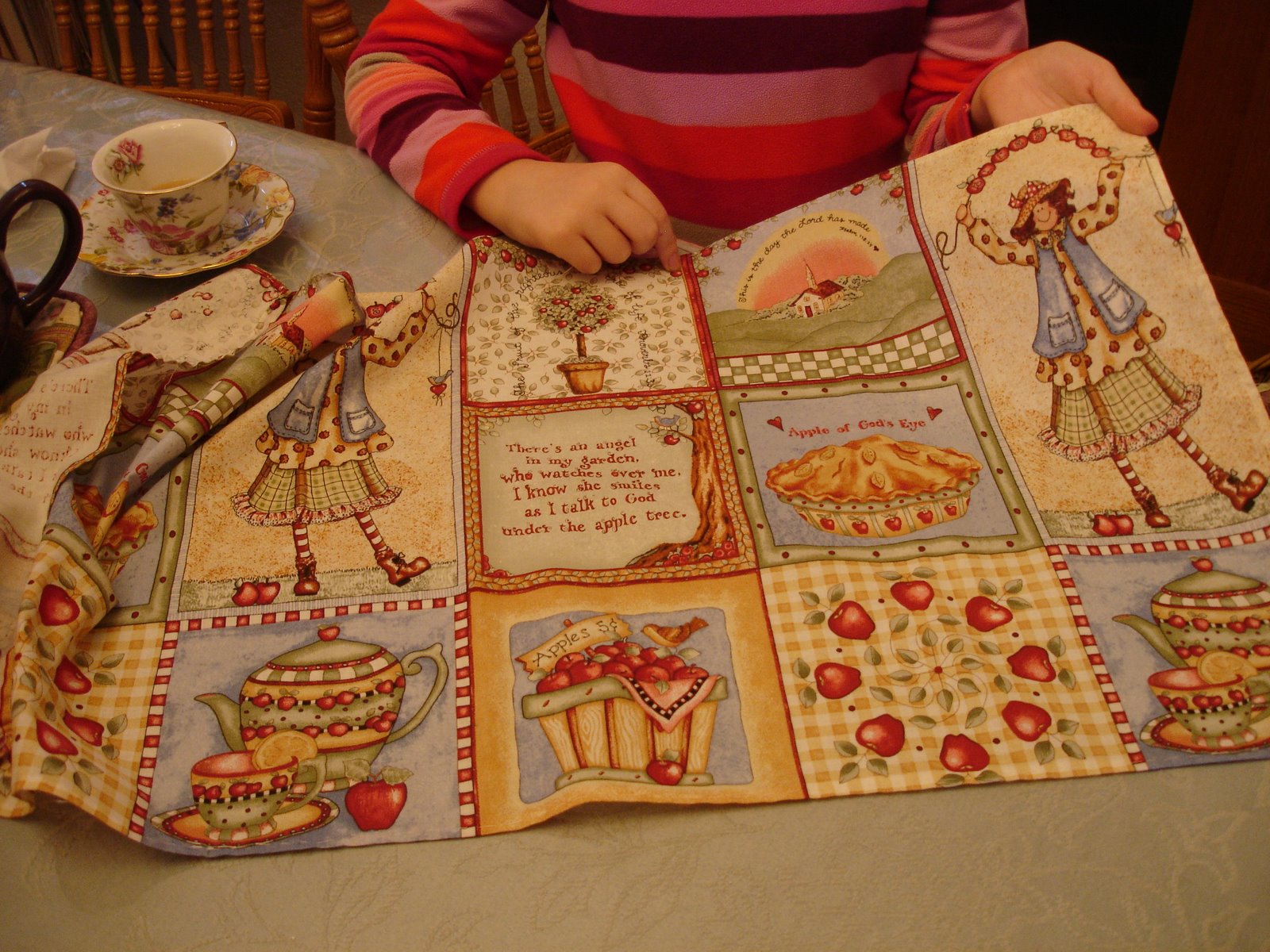
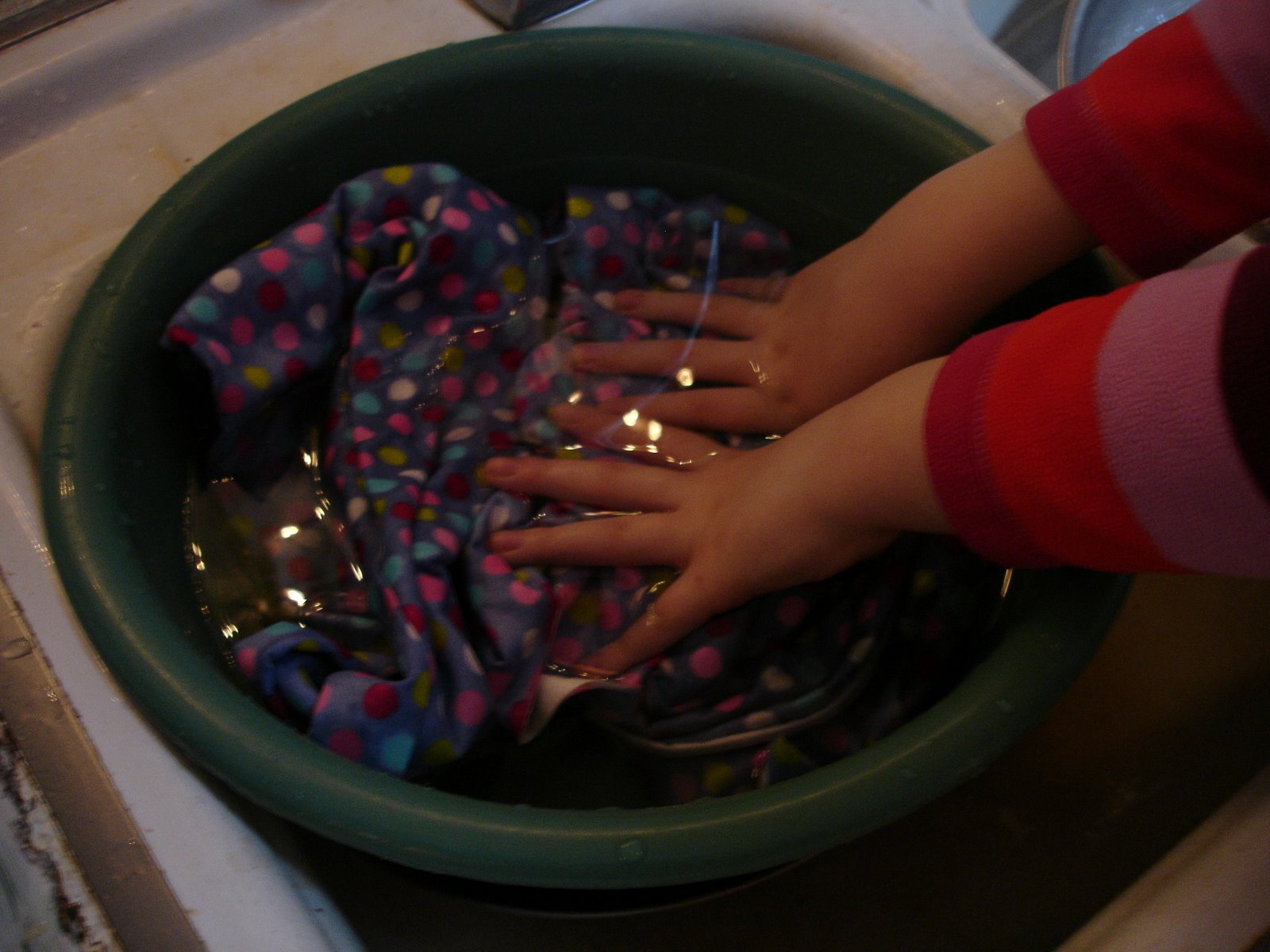




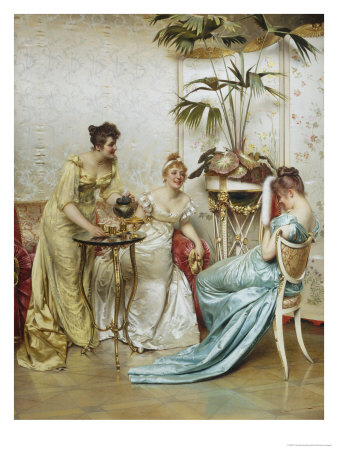
 There won't be a comment section available for awhile, but you are welcome to enjoy the paintings and the 300 articles written here.
There won't be a comment section available for awhile, but you are welcome to enjoy the paintings and the 300 articles written here.